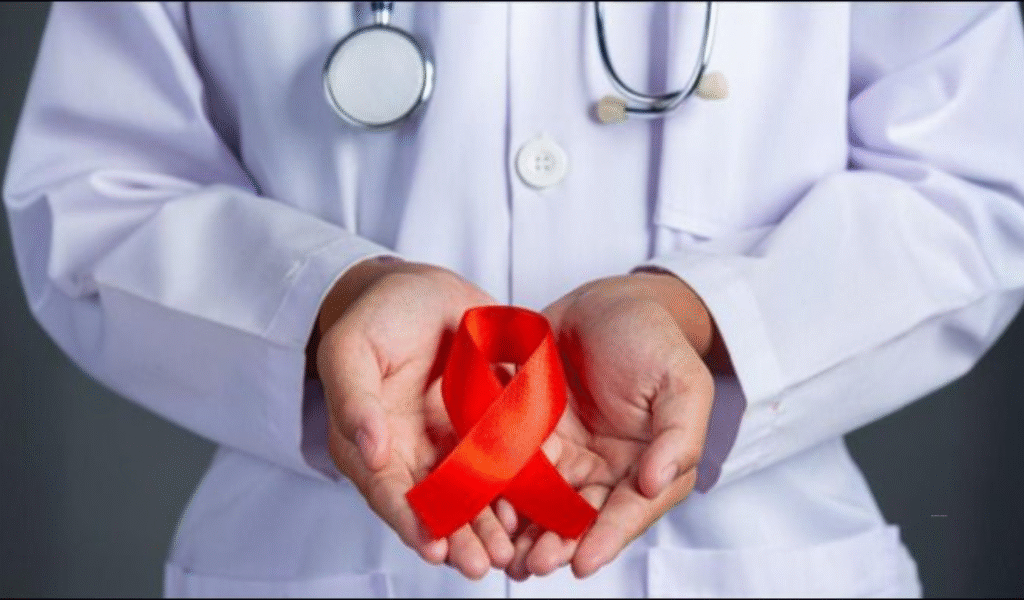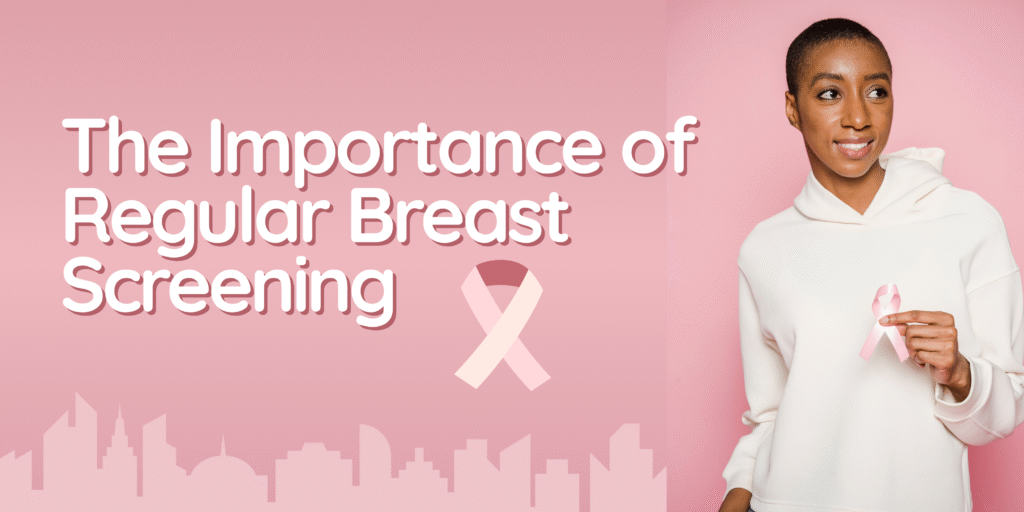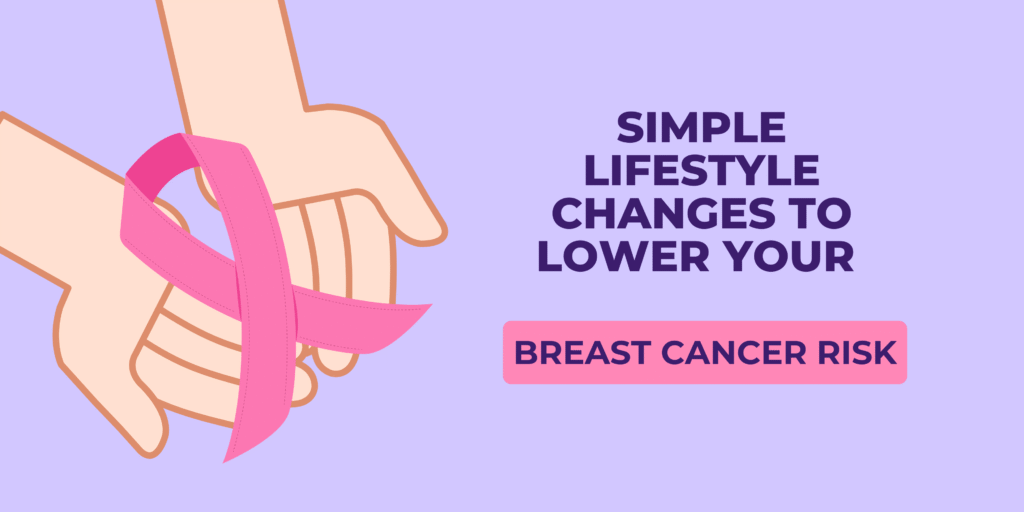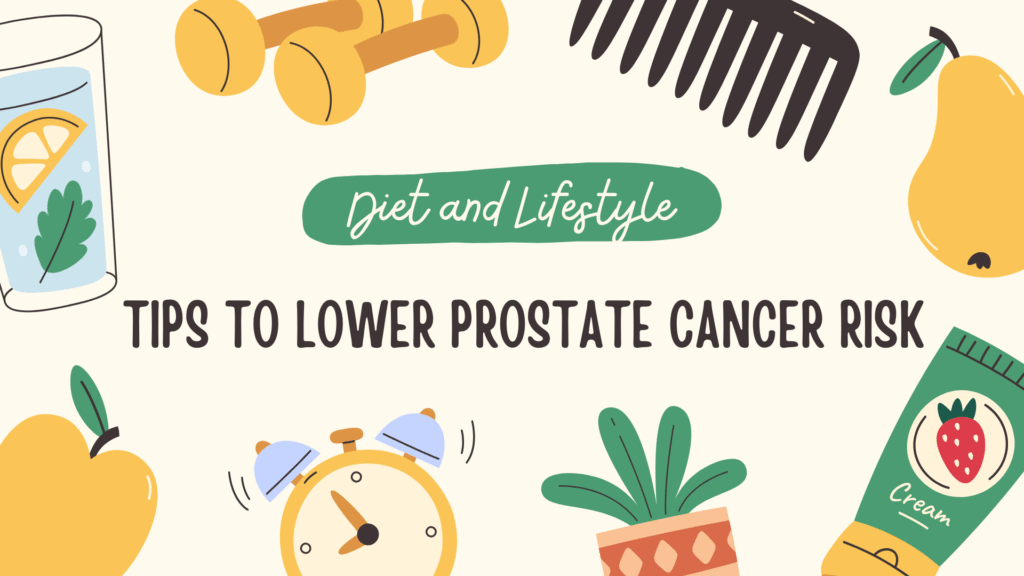Top Oncologist Center in Bangalore for Advanced Cancer Treatment
Top Oncologist Center in Bangalore for Advanced Cancer Treatment When it comes to cancer care, choosing the Right oncologist center in Bangalore can make a critical difference in treatment outcomes and quality of life. Patients and families seek not only advanced medical expertise, but also trust, transparency, and compassionate support throughout the cancer journey. At Healius Cancer & Hematology, Bangalore*, we are committed to delivering evidence-based, patient-centric cancer care that meets global clinical standards while remaining accessible and personalized. What Defines a Top Oncologist Center in Bangalore? A leading cancer treatment center is characterized by more than infrastructure alone. At Healius, our approach aligns with the highest benchmarks of oncology care: 1. Comprehensive Cancer Diagnosis Accurate diagnosis is the foundation of effective treatment. Our center provides: Advanced imaging and pathology Molecular and genetic testing (where indicated) Precise cancer staging for individualized treatment planning 2. Multidisciplinary Oncology Expertise Cancer treatment requires collaboration. Patients at Healius benefit from coordinated care involving: Medical oncologists Hematologists Radiation and surgical oncology coordination Oncology nursing and supportive care teams 3. Personalized Cancer Treatment Plans Every cancer is unique. Treatment protocols are tailored based on: Cancer type and stage Patient health status and preferences International oncology guidelines 4. Advanced Chemotherapy & Hematology Services We specialize in: Medical oncology treatments Hematological malignancies (leukemia, lymphoma, myeloma) Day-care chemotherapy with strict safety protocols 5. Patient-Centered Cancer Care We understand that cancer affects more than the body. Our care philosophy emphasizes: Clear communication and counseling Emotional and psychological support Symptom management and quality-of-life care 6. Continuity of Care & Long-Term Follow-Up Cancer care does not end with treatment. We provide: Survivorship care plans Regular monitoring and follow-ups Management of treatment-related side effects Why Patients Choose Healius Cancer & Hematology in Bangalore Patients searching for the best oncologist center in Bangalore trust Healius because we combine: Clinical excellence Ethical, transparent medical practices Compassionate patient engagement Convenient access to specialized oncology services within Bangalore Our goal is to ensure that every patient receives timely, accurate, and empathetic cancer care close to home. Cancer Treatment Services Available in Bangalore at Healius Medical Oncology Hematology & Blood Disorders Chemotherapy Administration Cancer Diagnostics & Monitoring Supportive & Palliative Oncology Care Choosing the Right Oncologist in Bangalore Selecting a cancer specialist is a deeply personal decision. Patients should look for: Experience in treating specific cancer types Clear communication and treatment transparency Access to comprehensive oncology services Book an Appointment
Top Oncologist Center in Bangalore for Advanced Cancer Treatment Read More »











